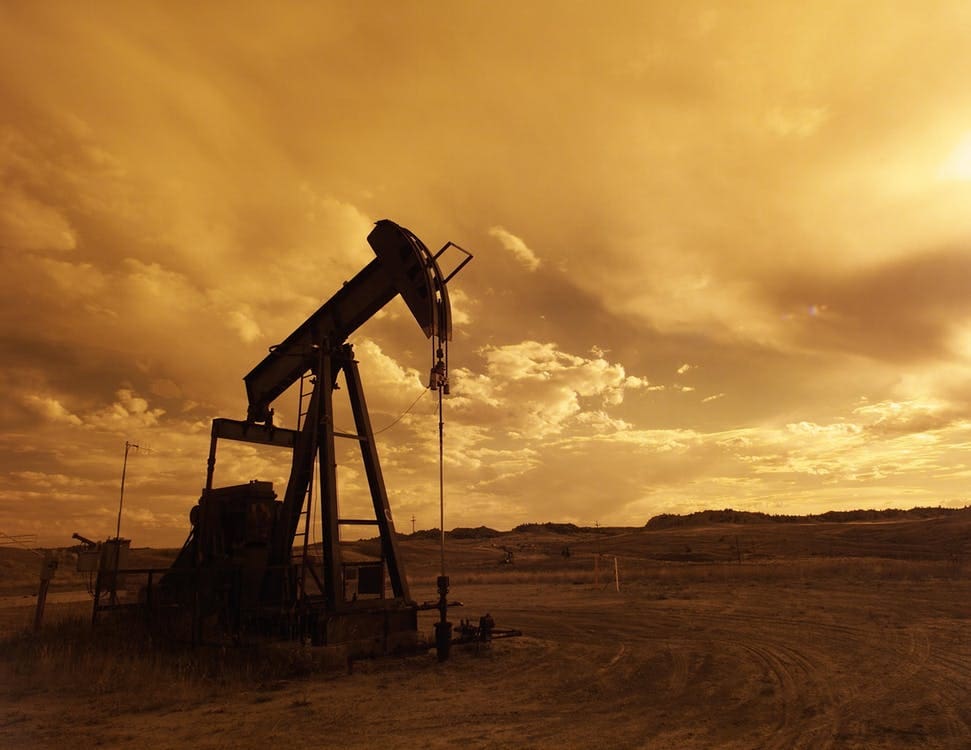The oil and gas drilling environment is inherently dangerous, and despite the safeguards put into place in every company, lethal accidents continue to occur. Most recently, OSHA cited and fined a company in Quinton, Oklahoma, following the tragic deaths of 5 rig workers. Crucially, they noted maintenance problems of the well contributed to the outcome. Maintenance, including cleaning, can be a matter of life and death; and even when it isn’t, poor habits lead to reduced productivity and potentially destructive design flaws. It is imperative to keep wells in check.
The Importance of Cleaning
In a dirty work environment, cleaning is often overlooked. This is especially true in the wind, sea and rain swept offshore rigs, which are naturally prone to rusting. The water can, also, hide any problematic waste. High traffic areas such as the flooring of a rig should be cleaned regularly to ensure safe passage and a clean working environment. In the future, much of this will be able to be handled by computers, but will still require human input. Robots may one day be able to complete rig cleaning, but in the meanwhile complex new algorithms will dictate schedules and inform workers as to their responsibilities. Ultimately, daily spot checks must be carried out.
The Importance of Maintenance
Maintenance is clearly important to prevent accidents. The necessity to keep a rig working at optimal levels can also not be overlooked. New Zealand’s North Taranaki platform is set to undergo transformative maintenance this month, with complex machinery arriving on January 14th. The government is set to allow 30 days off production, despite the rig creating 318 barrels per day (according to Oil-Price.net). At 60 dollars per barrel, that’s over half a million US$. Clearly, the impacts of having a poorly functioning well outstrip profits in the short run, and that’s an obvious outline of why maintenance is absolutely crucial – on a daily and scheduled basis.
Looking for Innovations
Daily maintenance is important but innovation is key as well. Relying on current methods is folly – this is why new generations of titanium and advanced materials have been implemented onto older rigs and newly built ones, to future proof the stack and try and mitigate future issues before they become problematic. This will be set to become more important as more rigs are put down. Notably, BP discovered over a billion barrels in the Gulf of Mexico and Texas continues its oil boom. Expect to see new maintenance materials, technologies and materials implemented that will further improve maintenance standards. With Deepwater Horizon still fresh in the mind, companies will do their utmost to make sure that maintenance is completely up to scratch to the benefit of every stakeholder in the oil industry.
Maintenance, cleaning and health and safety aren’t the most invigorating points of discussion in oil and industry. They could be the most important, however, with not just profits at stake but lives, too. As history shows us, the smallest of slip-ups will cause damage – it’s up to oil rig operators and staff to ensure that events will not repeat.






